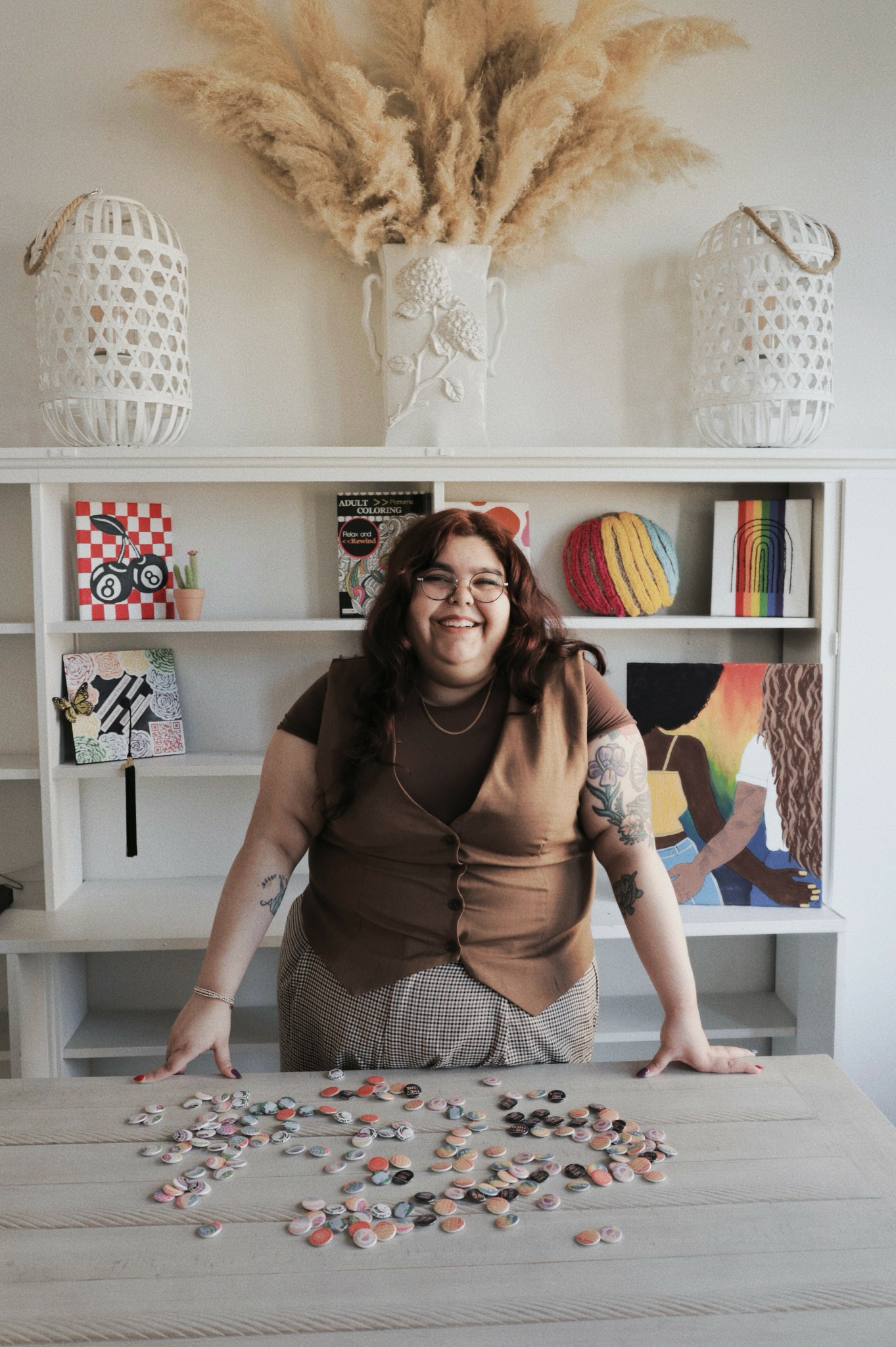We caught up with the brilliant and insightful Annissa Crow a few weeks ago and have shared our conversation below.
Hi Annissa, thanks for joining us today. Was there a moment in your career that meaningfully altered your trajectory? If so, we’d love to hear the backstory.
The defining moment in my life that set me on the path to becoming a therapist occurred when I was 17 years old. But to truly appreciate its significance, you need to understand the context of my life up to that point. I grew up as a working-class, mixed-race kid in Tulare, California. My identity—Mexican and Portuguese, queer, and the eldest daughter in my family—often left me feeling like I existed on the margins of every community I was part of. Life was filled with constant challenges: navigating homophobia and racism, the instability of moving from place to place, periods of being homeless, and witnessing domestic violence, police brutality, and sexual assault. I also struggled with my mental health, experiencing self-harm, suicidal ideation, and even a single attempt. On top of this, I faced several health scares that compounded my sense of vulnerability.
As the eldest daughter in a working-class family, I often bore the weight of responsibility. I became a caretaker and a role model, even when I was still trying to navigate my own challenges. Education was always emphasized, but as a first-generation college and graduate school student, the path was anything but easy. There were no roadmaps, no examples to follow. Every step I took required me to figure things out on my own, balancing the expectations of my family with the ambitions I held for myself.
Through all of these experiences, resilience became my default mode of survival. In many ways, it had to be. Vulnerability wasn’t an option; expressing pain or asking for help seemed impossible. In my community, there was little space for openly discussing mental health. It wasn’t something you sought help for; it was something you endured. And so, I carried my pain silently, burying it deep inside while trying to move forward one day at a time.
Then, when I was 17, everything changed. On a seemingly quiet evening, while sitting on the porch of our house with my parents and siblings, I witnessed a drive-by shooting. A 15-year-old boy was killed. It was the first time I had ever seen someone’s life taken so suddenly, so violently. The event shook me to my core. It brought all of my suppressed pain and fear to the surface, and for the first time in my life, I couldn’t pretend to be okay.
After the shooting, the school arranged for me to meet with a school psychologist Walking into that office, I was filled with fear and mistrust. Would this person judge me? Was I putting myself and my family in danger if I spoke to anyone about this? Could I even find the words to describe everything I had experienced? Despite my apprehension, sitting across from that psychologist became a pivotal moment in my life. It was the first time I had ever shared even a fraction of my story with someone else. I didn’t tell them everything—fear and mistrust still held me back—but I said enough to realize something profound: I didn’t have to carry my pain alone.
That session planted a seed. For the first time, I saw the possibility of what it might mean to feel heard, to feel seen, and to not be entirely alone in my struggles. It wasn’t an immediate transformation—healing is rarely linear—but it was a beginning. It was also the first time I truly understood the power of mental health support. That encounter made me realize how vital it is for people to have someone who listens without judgment, who validates their experiences, and who can hold space for their pain.
As I moved forward in life, I carried that moment with me. It inspired me to pursue a career where I could offer others the same sense of safety and understanding that the school psychologist had given me. But my journey to becoming a therapist wasn’t just about replicating that experience; it was also about addressing the systemic issues that contribute to so much suffering. Growing up, I saw firsthand how systems of oppression—racism, homophobia, economic inequality—impact mental health. I knew that if I became a therapist, I wanted to do more than just help individuals; I wanted to advocate for systemic change.
Today, as an MFT, I center my work on clients from populations that are often overlooked or marginalized. Some share parts of my identity and experiences, while others do not. Regardless, I strive to create a space where they feel heard, valued, and understood. I understand the weight of being silenced, the pain of feeling invisible, and the strength it takes to reach out for help. My goal is to meet my clients where they are, honoring their resilience while also helping them envision a path forward.
Beyond the therapy room, I work to dismantle systems of oppression that have continued to dehumanize and marginalize communities over several generations. Whether it’s advocating for policy changes, participating in community organizing, or amplifying the voices of those who are often ignored, I see this work as an extension of my role as a therapist. Healing is not just an individual process; it is also a collective one. By addressing systemic injustices, we create a world where fewer people have to endure the kinds of pain and isolation that I and so many others have experienced.
Reflecting on my journey, I realize that the defining moment wasn’t just sitting in that psychologist’s office; it was everything that led up to it. It was the years of resilience, the moments of despair, and the small acts of survival that eventually brought me to that chair. It was the realization that my pain mattered, that my voice mattered, and that I could use my experiences to help others find their own voices.
In addition to my work as a therapist, I am continuing my advocacy work and amplifying marginalized voices through a new podcast I am producing called Therapy in the Diaspora: a Diaspora Therapy Group podcast. I host it with some of the other amazing clinicians at Diaspora Therapy Group—Adrian Belmes, Lakshmi Jaiprakash, Lamarre Edouard Jr., and Vanessa Torres. Each episode invites listeners to explore the challenges and triumphs of our diverse communities. We tackle difficult topics surrounding mental health, identity, and resilience, sharing personal stories and expert insights. Whether you seek understanding, connection, or a safe space to learn, our conversations foster healing and empowerment. Our goal is to navigate the complexities of life and celebrate the beauty of our shared experiences—because you’re not alone on this journey.
If there is one lesson I’ve learned from this journey, it is the power of connection. None of us are meant to carry our burdens alone. By reaching out, by sharing our stories, and by creating spaces of understanding and empathy, we not only heal ourselves but also help others heal. And in doing so, we take one step closer to a world where no one feels invisible, unheard, or unworthy of care.
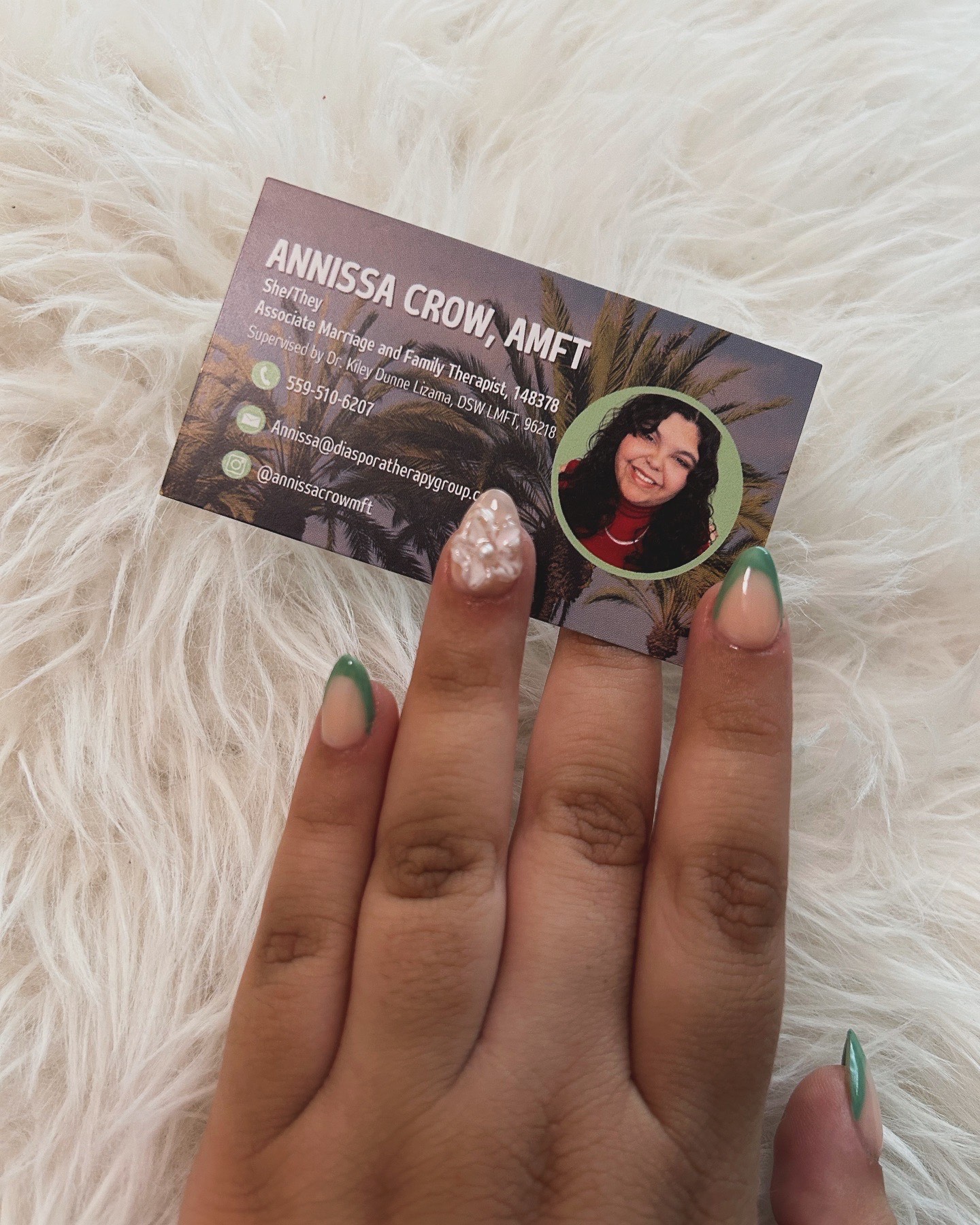
Annissa, love having you share your insights with us. Before we ask you more questions, maybe you can take a moment to introduce yourself to our readers who might have missed our earlier conversations?
To get to know more about me and my work as an MFT, it’s important to know my past, and how that has influenced who I am today. I identify as a pansexual, genderqueer, multiracial Latina/é, and my journey into this field is deeply rooted in both personal and professional experiences. Growing up in a working-class background in a conservative, rural community in California’s Central Valley, I quickly became aware of how intersecting identities—like race, gender, and sexual orientation—are politicized and how systemic oppression can impact our sense of self and well-being.
Navigating the challenges of generational pain, racism, homophobia, fatphobia, and financial insecurity fueled my passion for healing and advocacy. I’ve worked in diversity, equity, and inclusion-focused roles to uplift marginalized voices, challenge oppressive systems, and foster environments where all identities are celebrated. This passion is woven into the heart of my therapeutic practice, where I aim to create a space where individuals can feel affirmed, empowered, and connected.
In my practice, I work with individuals, couples, and families from all ages, abilities, and backgrounds. My therapeutic approach is rooted in multicultural, feminist, person-centered, LGBTQIA+ affirming, gender-affirming, anti-capitalistic, and decolonizing frameworks. Each session is a collaboration, and I meet clients where they are in their healing journeys. I specialize in supporting those navigating challenges related to racial identity, LGBTQIA+ and gender-expansive concerns, depression, anxiety, stress, grief, and trauma.
What sets my practice apart is the way I honor both individual identity and the importance of community. I believe that healing does not happen in isolation—it is often a relational process. As humans, we are deeply interconnected, and while we each bring our own unique experiences, we thrive when we feel supported by others who understand and affirm us. My goal is not only to help clients explore their inner worlds but also to help them find strength in their relationships, their communities, and the collective movements that fight for justice and equity.
One of the things I’m most proud of is fostering spaces where clients feel truly seen and valued for who they are. Therapy, for me, is not just about addressing pain—it’s also about celebrating identity, resilience, and the power of connection. Our work together is a chance to process, heal, and reconnect with ourselves and the communities that sustain us.
For anyone considering working with me, I want you to know that our sessions will be your time—a sacred, safe, and affirming space for self-expression, reflection, and growth. Whether you’re navigating specific challenges or simply seeking a place to explore who you are, I’m here to walk with you on your journey.
Thank you for letting me share a bit about myself and my practice. I look forward to being part of the healing journeys of those I serve and celebrating the power of individuals and communities alike.
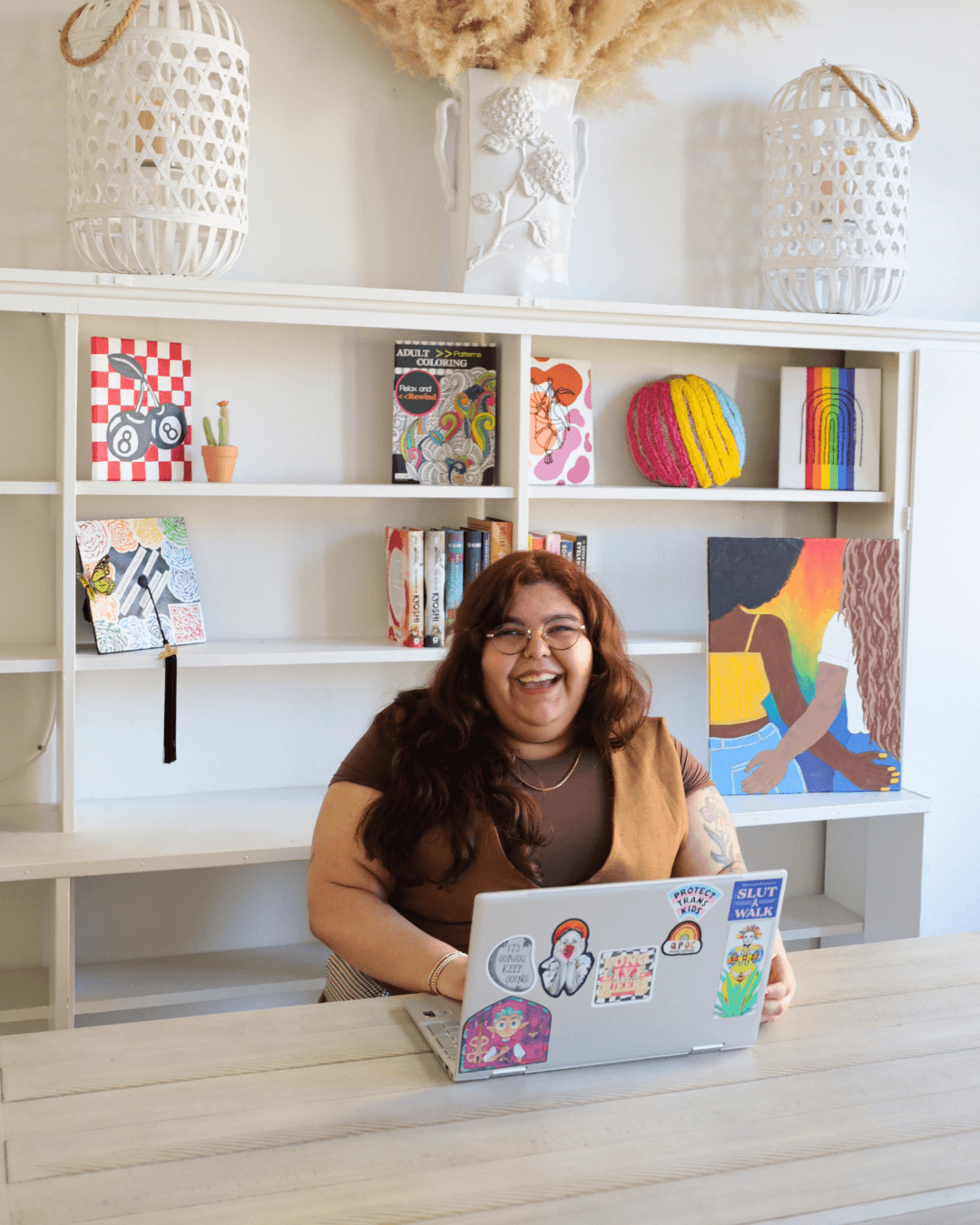
Any advice for growing your clientele? What’s been most effective for you?
The most effective strategy I’ve found for growing my clientele as an MFT is showing up authentically. I strive to build trust and humanity with my clients by allowing them to know me in ways that resonate deeply. While self-disclosure isn’t a universal approach in therapy—and some modalities even discourage it—it’s a cornerstone of my practice.
My therapeutic style is rooted in naming and dismantling systemic issues, and my own experiences play a crucial role in that process. By showing up as my whole self, I model the kind of openness and self-acceptance I hope to foster in my clients. This authenticity invites them to explore and embrace their own truths.
I often share my interests with clients to create a relatable and approachable atmosphere. Whether it’s my love for television and film (like Dimension 20, Avatar: The Last Airbender, Abbott Elementary, or Stranger than Fiction), my passion for literature (Juliet Takes a Breath by Gabby Rivera, The Seven Husbands of Evelyn Hugo by Taylor Jenkins Reid, or All About Love by Bell Hooks), or my hobbies in arts and crafts like painting, baking, and crocheting, these glimpses into my world humanize the therapeutic relationship.
I also encourage my clients to ask me questions, which not only helps them feel more at ease but also fosters a sense of collaboration and mutual respect. This approach has allowed me to build strong, trusting relationships that are key to growth, healing, and lasting connections.
In addition to showing up authentically with my clients, I extend this practice to my social media presence and my work on the podcast I produce, Therapy in the Diaspora: A Diaspora Therapy Group Podcast. Through social media posts, I share insights, reflections, and glimpses into both my professional and personal life. This transparency helps potential clients understand my approach and feel a sense of connection before they even walk through the door. Similarly, on the podcast, I discuss important topics related to therapy, systemic issues, and personal growth, always infusing my authentic self into the conversation. These platforms allow me to reach a broader audience, demystify the therapeutic process, and create spaces where people feel seen, heard, and valued.
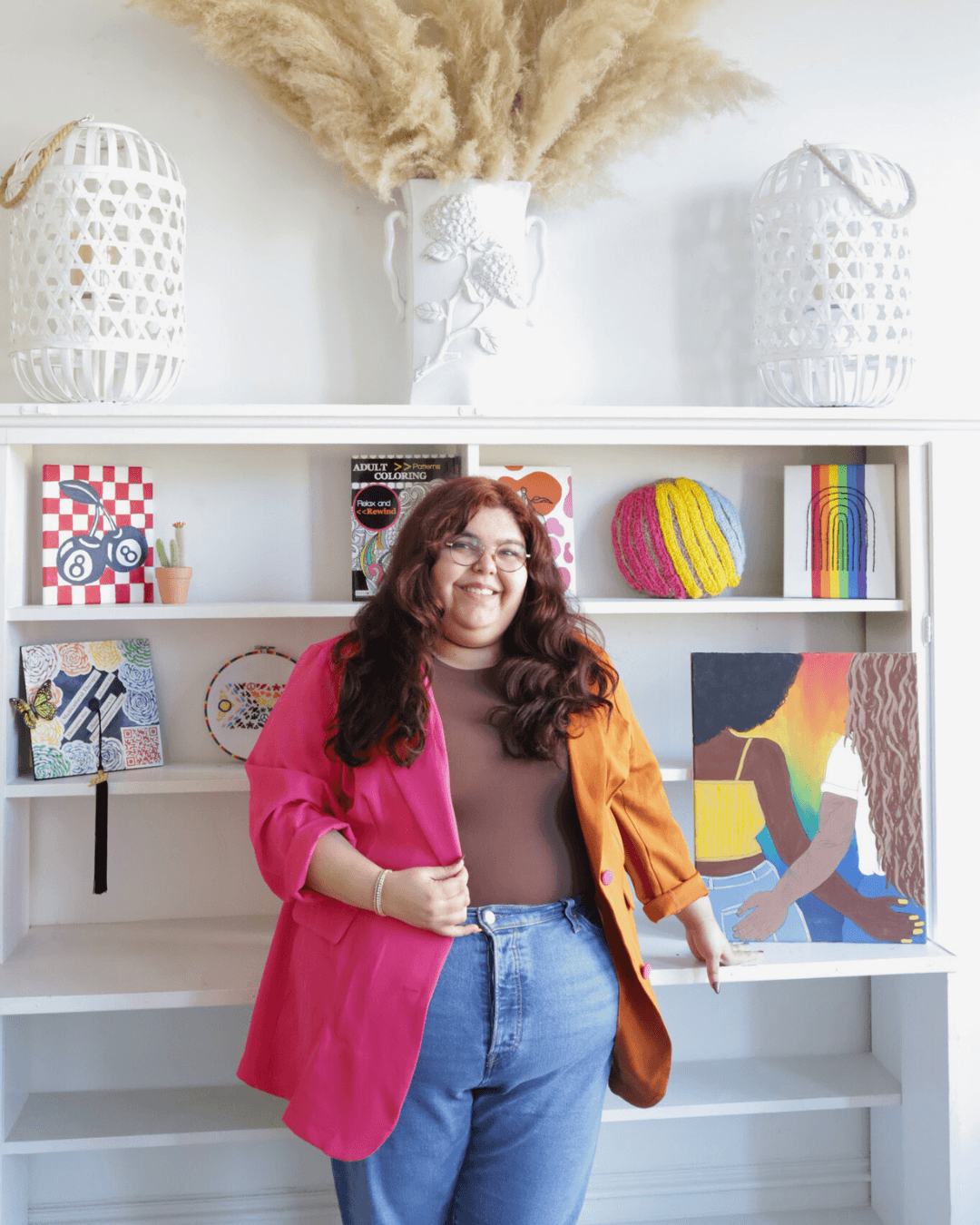
If you could go back in time, do you think you would have chosen a different profession or specialty?
If I could go back, I would absolutely choose the same profession and specialty as a marriage and family therapist. While I believe in exploring new experiences and even embracing career changes, my passion for this work remains steadfast. I genuinely enjoy what I do—the modalities I use, the clients I have the privilege to work with, and the profound impact these relationships have on my life.
What excites me most about my career is its flexibility and potential for growth. I’ve already expanded my professional identity by adding the role of podcast producer, and who knows what titles the future may hold—professor, artist, author, motivational speaker, or something entirely unexpected. The possibilities are endless.
For now, I am incredibly proud of my work as a therapist, and I see myself continuing in this role for many years. It’s a career that allows me to grow, evolve, and make a meaningful difference, which is all I could ever hope for.
Contact Info:
- Website: https://annissacrowmft.my.canva.site/associatemarriageandfamilytherapist
- Instagram: https://www.instagram.com/annissacrowmft
- Linkedin: https://www.linkedin.com/in/annissa-crow-amft-075305156/
- Youtube: https://www.youtube.com/@TherapyintheDiasporaPodcast
- Other: https://open.spotify.com/show/4cdQ76WwUNUXwP9DqGLXUK?trackId=3sslYZcFKtUvIEWN9lADgr , https://www.psychologytoday.com/us/therapists/annissa-crow-carlsbad-ca/1356283
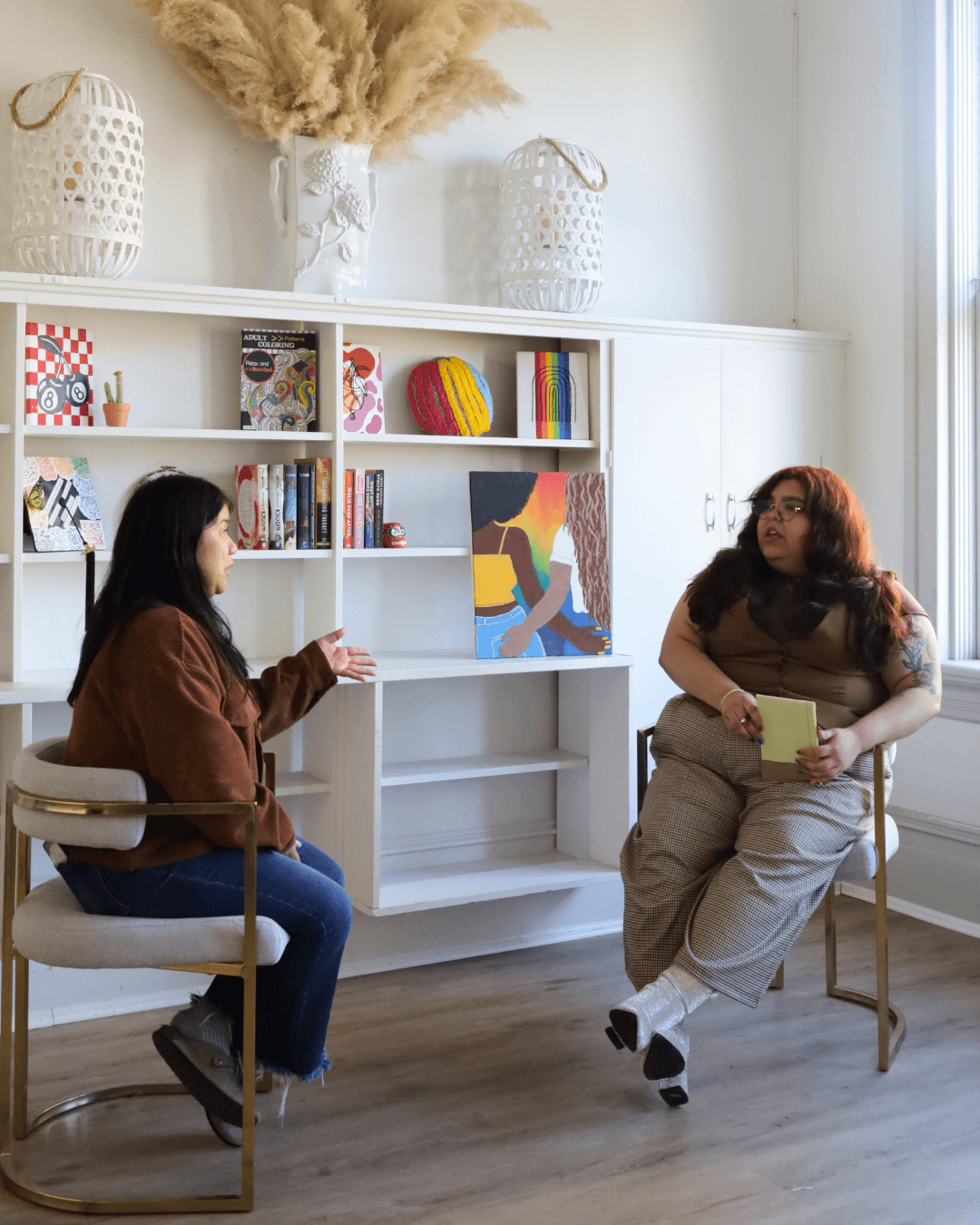
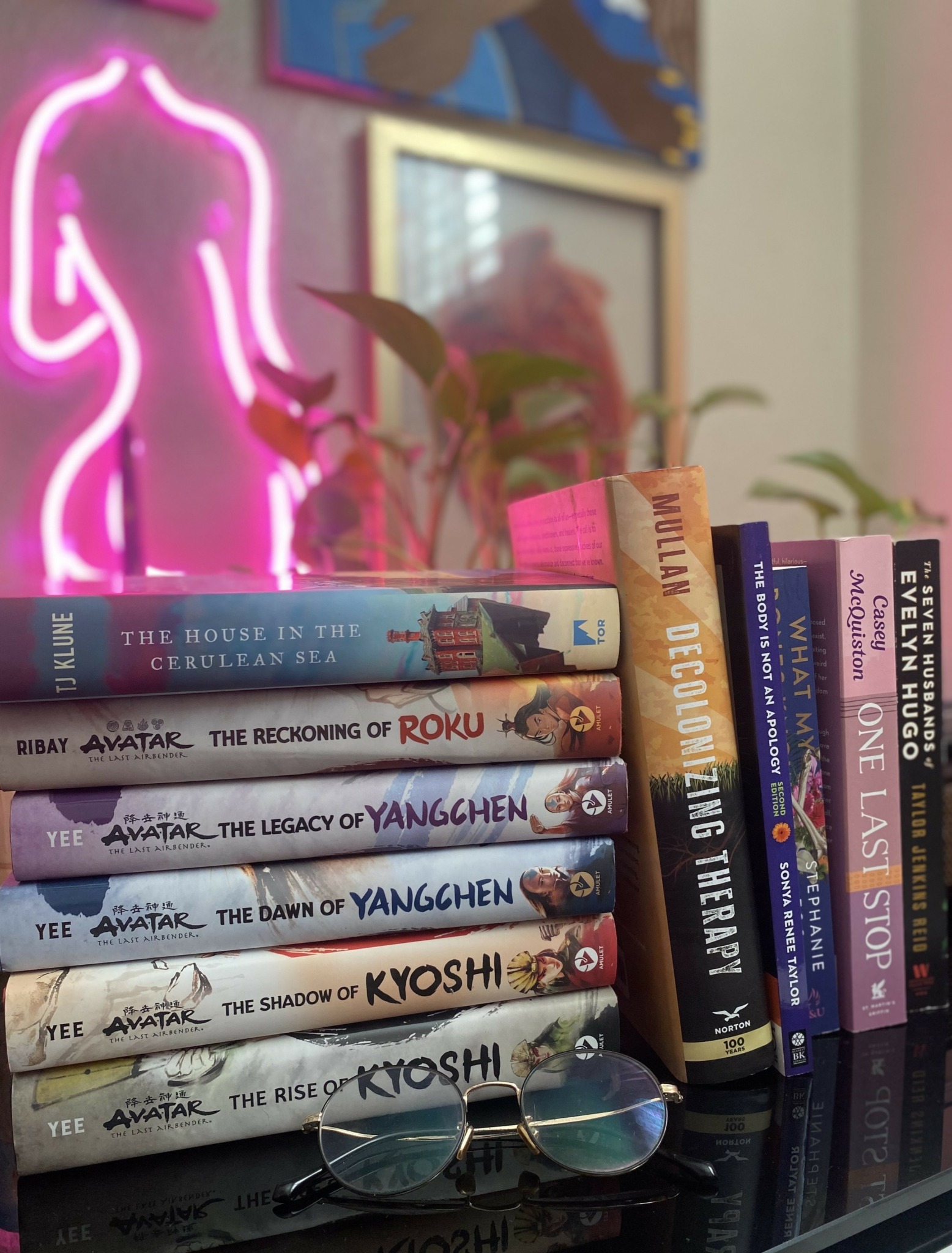
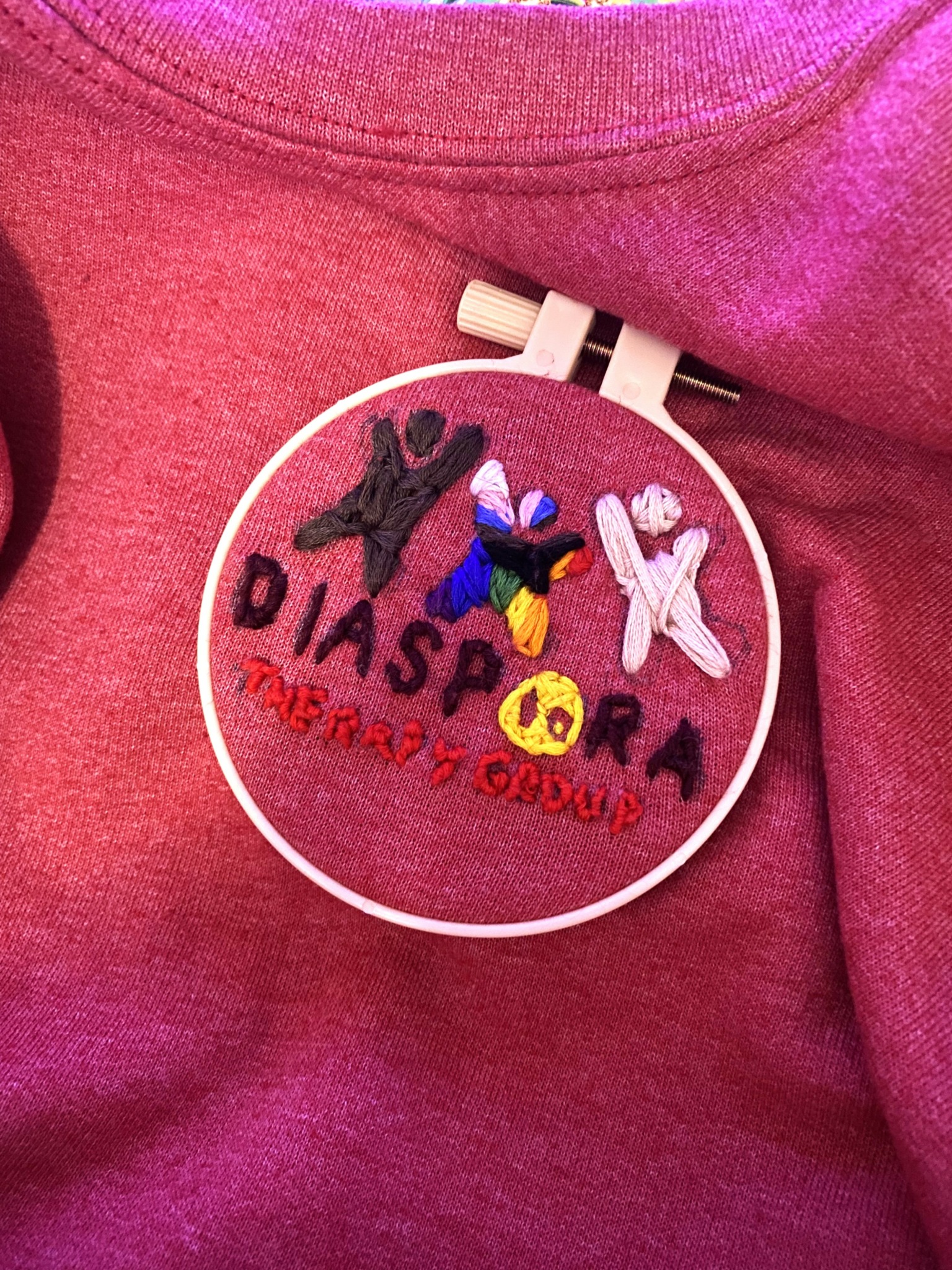
Image Credits
Photos me in the office credit: Rozi Espinoza from Tumbleweed Shoots (@tumbleweedshoots on IG)


